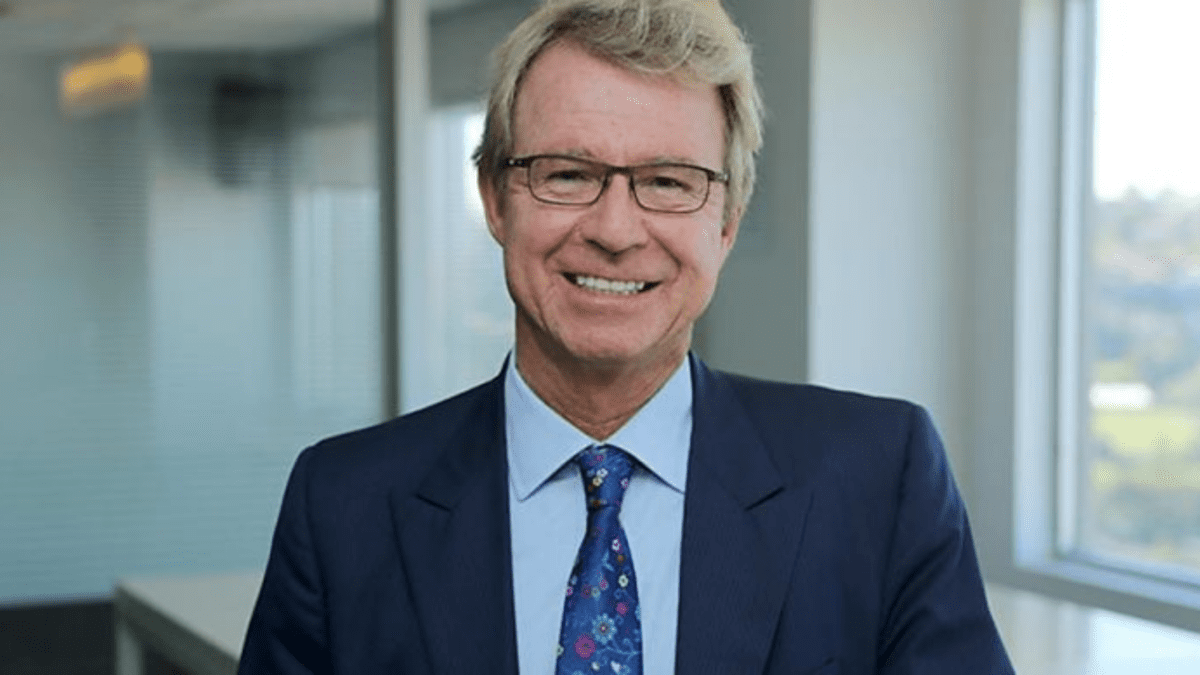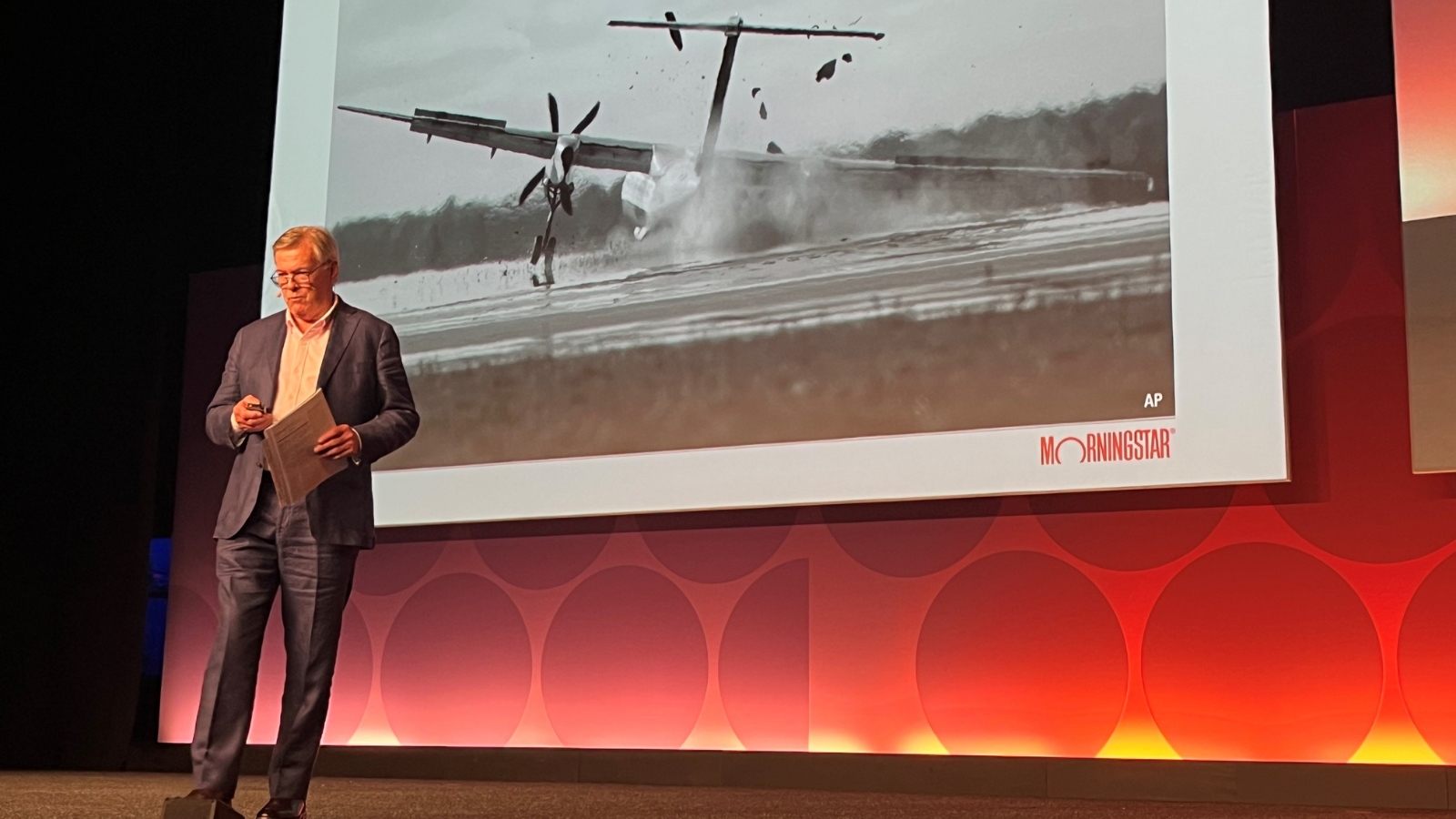US prepares for tough medicine
While markets have so far shrugged off the inevitable rate rises, there’s plenty more to come – and the global outlook keeps getting gloomier.
The Federal Reserve’s decision to unleash massive monetary stimulus in the early days of Covid-19 (and in nearly every economic crisis before it) ushered in a brief golden age for markets. But while there was a relatively muted response to the Fed’s first rate rise – markets, at the very least, did not implode – J.P. Morgan CEO Jamie Dimon believes the worst is yet to come.
“The Federal Reserve and the government did the right thing by taking bold dramatic actions following the misfortune unleashed by the pandemic,” Dimon wrote in his annual letter to J.P. Morgan shareholders. “In hindsight, it worked. But also in hindsight, the medicine (fiscal spending and QE) was probably too much and lasted too long.
“I do not envy the Fed for what it must do next: The stronger the recovery, the higher the rates that follow (I believe that this could be significantly higher than the markets expect) and the stronger the quantitative tightening (QT). If the Fed gets it just right, we can have years of growth, and inflation will eventually start to recede. In any event, this process will cause lots of consternation and very volatile markets.”
But Dimon believes that the Fed should not worry about volatile markets unless they affect “the actual economy” and that it should exempt itself from its historical pattern of raising interest rates by only 25 basis points on a regular schedule. The Fed should be “free to change this plan on a moment’s notice” in order to deal with actual events in the economy and markets, with Dimon believing this will ultimately create more confidence.
Still, the spectre of rising rates is not the only challenge that America – and the wider world – faces. The effects of geopolitics on the global economy are harder to predict, and it is clear to Dimon that “trade and supply chains, where they affect matters of national security, need to be restructured.” It’s a sentiment that echoes similar messages from BlackRock CEO Larry Fink and Oaktree Capital founder Howard Marks, who last month warned of a trend towards deglobalisation as Russia’s aggression and COVID-19 roiled global trade.
“For any products or materials that are essential for national security (think rare earths, 5G and semiconductors), the US supply chain must either be domestic or open only to completely friendly allies,” Dimon wrote. “We cannot and should not ever be reliant on processes that can and will be used against us, especially when we are most vulnerable.”
“For similar national security reasons, activities (including investment activities) that help create a national security risk – i.e., sharing critical technology with potential adversaries – should be restricted. Companies will diversify their supply chains simply to be more resilient.”
A new and interesting throughline in many of the communiques put out by US bankers and investors in recent months has been a growing concern over the future of America. The land of the free/home of the brave has been more volatile since 2016, with crises both domestic and international threatening its relatively high standard of living and political stability.
“Many feel despondent about the ‘decline’ of America. Our economy has had anaemic growth for decades. COVID-19 and George Floyd’s murder cast a spotlight on what we already knew – that our lower-income citizens, often minorities, suffer more in our society, particularly during recessions and times of turmoil. Continuing income inequality may very well be causing growing partisanship, as some people believe the American dream is fraying and that our system is unfair, leaving many of our citizens behind.”
But Dimon believes that America’s status as a country with “the rule of law, individual liberties, freedom of speech and religion, and the concept of equal opportunity” mean it will still be the partner of choice in international relations, even as China rises to a new position of economic primacy.
“Because we are dealing with a combination of circumstances that we have never confronted before – the rise of a country equal in size to us, unfair trade and bilateral investment rights, and state-sponsored subsidies and competition – we will need to respond in equally unprecedented ways,” Dimon wrote.
“To counter unfair competition on China’s part (i.e., subsidies and state-sponsored monopolies), we will need to develop thoughtful policies and strategies that work. We also need to develop ‘industrial policies’ that help industries important to national security (for example, semiconductors, 5G, rare earths and others) succeed.”










